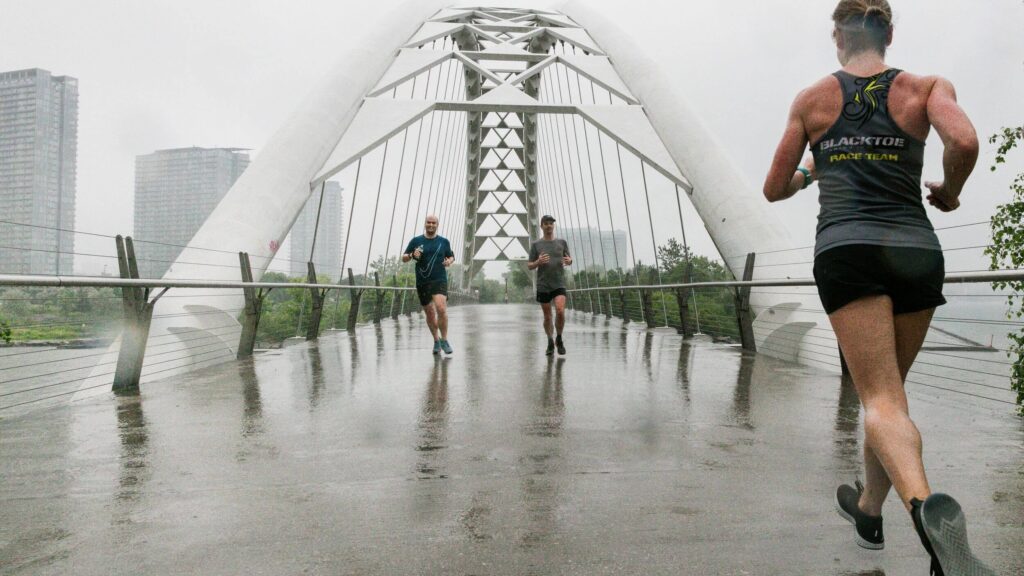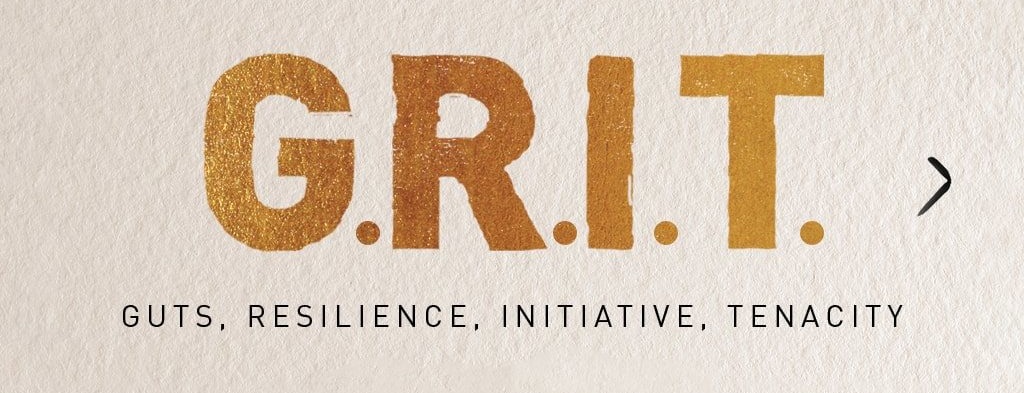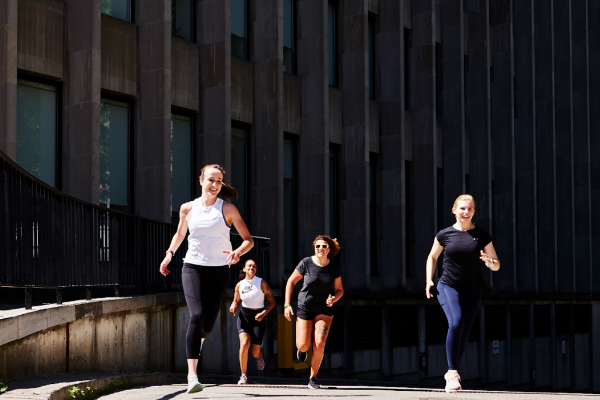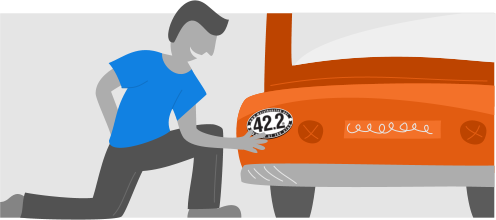
Anyone can train and run a marathon. Truly. Really. Even you, yes you, who’s saying “Hah! Me? No way. Arthritis runs in my family and I am just NOT a runner". Yep - you could do it. I say this with almost ten years of physio experience and over half of that working almost entirely with runners and lower extremity injuries. Will it take time? Yes. A lot of time? Probably. But you COULD do it if you - excuse the cliche but it’s true - put your mind to it.
Our brain is wired in a way that it prefers novel things. We like newness and shiny things. We love the idea of “fresh starts”. Unfortunately though, the biggest payoffs that we will achieve in our lives comes from putting time, concentrated effort, tenacity and persistence towards projects, work, and self-development. As Angela Duckworth says in her book Grit: Passion, Perseverance, and the Science of Success, “Enthusiasm is common. Endurance is rare.”

Every athlete, runner, person who has lost weight, person who has opened a business, or person who has felt unsatisfied with a particular aspect of their life has felt the emotions attached with committing to a big, huge goal and working towards it day after day after day. But this is much more complicated that it sounds on the surface - sometimes we aren’t even sure what the goal is. It’s true when people say that to be successful you have to love your work. There is no way that one can put the consistent amount of effort and tenacity into a big goal if they simply don’t like it. So before you decide to sign up for a full marathon, you better be sure that you actually want to do it and aren’t just doing it for social media likes or to “prove that you can do it”. You’re setting yourself up not just for a very long 18 weeks of training, but also for injury and mental misery. Our Ego loves to captain this ship. What if you just started with a 10k or half marathon? There is absolutely nothing wrong with not running marathons or starting small. So, the first step in setting yourself up for success is stop scrolling, stop reading, stop comparing, and think about what you really want to do. And if you’re not sure, try something small out and see how it goes!
On a personal note, for all the readers out there who have followed TRP from the get-go, I started out by myself and rented a small space that I paid for by the hour for over a year to figure out if the business was even viable, and more importantly, if I actually wanted to open and run a business. This space was far from perfect and FAR from my “ultimate vision”. But it worked. And I learned that people cared less about the space and far more about what happened in it. I also had an “out” in case this trial run didn’t go so well. This space became a small stepping stone in the greater picture of a 2200 square foot multidisciplinary clinic with 8 staff and growing - but it’s taken three years to get there. (And it is still FAR from easy!!)
Often times during training cycles, runners and athletes begin to suffer from fatigue and burnout. This is normal and part of the process. Here are some science-backed tips for how to hang in there and improve your “stick-to-itiveness”. If this is you, I strongly recommend listening to this podcast.
- Change up your routine, even slightly. Try a new route. Change up your playlist. Explore somewhere you haven’t been before. Buy some new gear. This appeals to the part of our brain that feels reinvigorated with novel stimulus and will make things feel exciting again.
- View your training as practice, not something that always has to be better than the last time. Not every session is going to be perfect. You are a living, breathing, organism, not a robot. There are always going to be ebbs and flows. Don’t apply emotional judgement to every run - just see it as practice. If something didn’t go well - no problem. You’ll get another chance to try it out. (Same goes for life, really!)
- Redefine your purpose. It’s easy to get caught up in the day to day. What are you really training for? What are you working towards? Keeping the big picture in mind is very, very, very important. And if you’re unsure, then you’ve got some thinking to do.

After I ran Boston in 2016, I was tired, burned out, and unhappy. I was a good runner, but it never came easy to me. I just knew how to train really hard and consistently. But my “why” was fried. I didn’t have any love for running anymore and was hanging in there because I’m just a stubborn Taurus by nature. But it didn’t feel good. This took months (nay, year) for me to come to terms with, because being a good runner has been something close to my identity for a very long time. People always ask me what I’m training for now, and the answer is nothing. And I’m okay with that. Running and training will always be there for me to come back to, but for the time being I am happy to teach people, teach staff, train people, fix injuries, be a business owner, friend, wife, and mentor. In order for me to be good at these things, I have to still love what I’m doing. And for me, that meant changing up life so that my energy could stay consistent in an even bigger direction - a ten year business plan. There is nothing wrong with changing directions to keep yourself fresh, but if you really want to tackle something big, your small changes need to stay in light of the big ones.
Finally, if you’re suffering with your mental health, know that our clinic is a safe space to share your thoughts. We aren’t psychologists, but we do care about you. Sometimes just getting your thoughts out there is the most important step.
Happy training, and stay gritty.
- L.Rob





